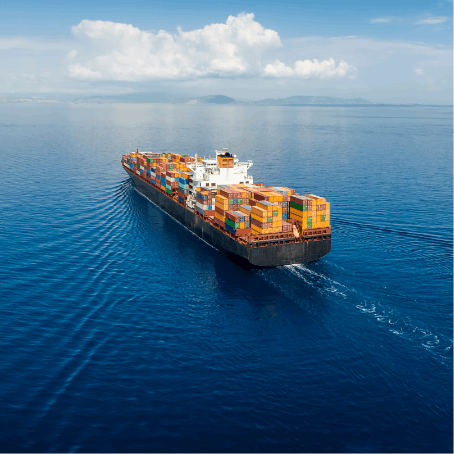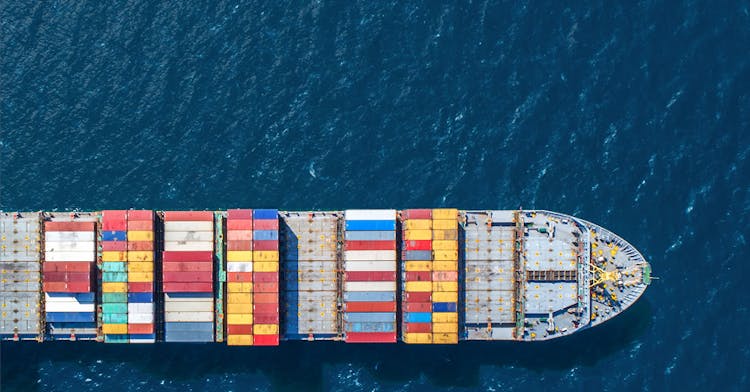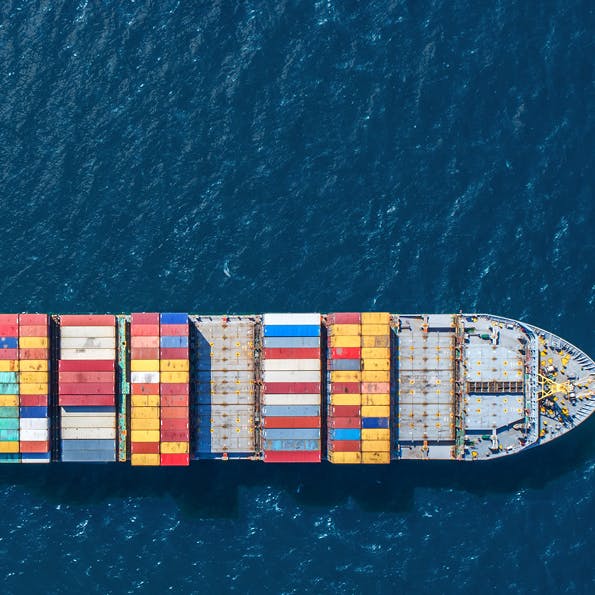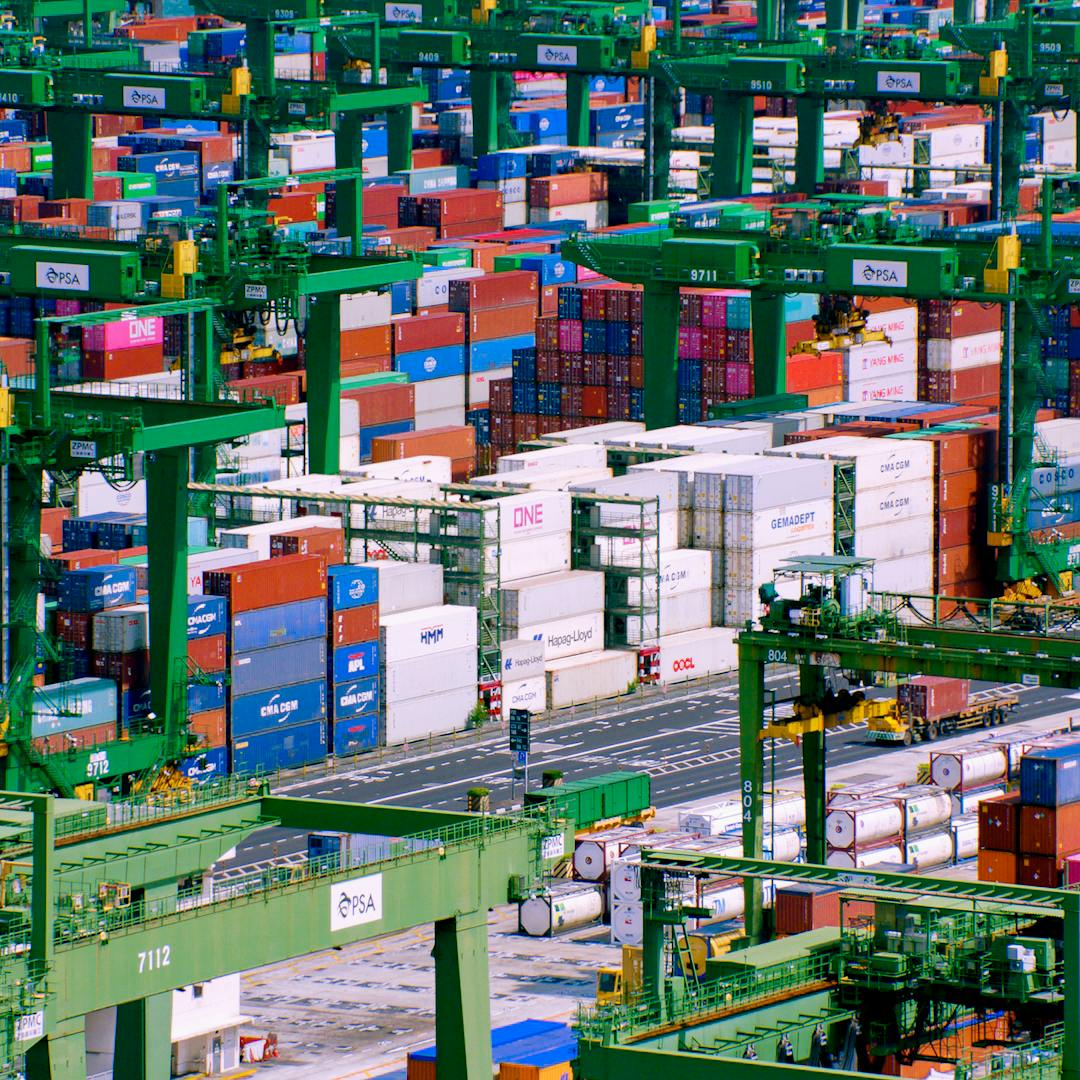On 16 November, the leaders and trade ministers of the Asia Pacific Economic Cooperation (APEC), covering more than 60% of global trade, concluded their summit by issuing declarations which include a strong commitment to promoting the use of electronic trade-related documents, and the electronic Bill of Lading (eBL) in particular. Research has shown that switching away from the transfer of physical, paper-based Bills of Ladings could save stakeholders around $6.5 billion in direct costs, enable $30-40 billion in annual global trade growth, transform the customer experience, and improve sustainability. The “Machu Pichu Declaration”, of the APEC leaders is a major milestone to unlocking these benefits for all stakeholders in international trade. Leah Liston of the United States Trade Representative, Executive Office of the President, said: “APEC’s focus this year on the eBL, and the underlying laws and technology needed to operationalise them showed great promise. Digitalisation of trade documents and procedures is the next step in trade facilitation for sustainable and inclusive growth. The progress made this year shows that APEC is taking on the challenge and our traders are benefiting from it.” The commitment of the APEC economies is much welcomed and celebrated by the container shipping industry. Last year, the CEOs of the members of the Digital Container Shipping Association (DCSA), covering 75% of global containerised trade and issuing the vast majority of bills of lading, also committed to achieve 100% eBL. Additionally, the members of the FIT Alliance (BIMCO, DCSA, FIATA, ICC and Swift) launched an eBL declaration, which was signed by many cargo owners, banks, freight forwarders and IT solution providers. Despite the obvious benefits and industry commitment, barriers to achieving 100% eBL remain and not all barriers can be addressed by the industry itself. Indeed, legislation and government procedures can complicate or even prevent the use of the eBL. In 2024, DCSA published a report pinpointing legal and regulatory barriers for 100% eBL and was invited to share its findings and discuss solutions with the APEC members. Thomas Bagge, CEO of DCSA said: “It is great that in times of geopolitical challenges, global leaders agree that cooperation to achieve digitalisation and standardisation of trade is the way forward. At DCSA we are proud and honoured to be able to contribute to this great milestone in trade digitalisation and remain equally committed to achieving 100% eBL by collaboration with all stakeholders of global supply chains.” As part of the Machu Pichu Declaration, the APEC leaders reaffirmed their commitment to enhance supply chain connectivity. In particular the leaders want to enhance transparency, efficiency, and reliability of trade by digitalising key processes, and the recognition of electronic trade-related documents, such as the eBL. As well as being an excellent host of the APEC summit, the Ministry of Foreign Trade of Peru (Ministerio de Comercio Exterior y Turismo) took a leading role in ensuring that the digitalisation of the Bill of Lading is made a priority at the highest levels of global politics.Teresa Mera Gomez, Vice Minister of Foreign Trade of the Ministry of Foreign Trade and Tourism of Peru said: “Peru's foreign trade policy strategically focuses on enhancing physical and technological infrastructure to facilitate trade, with a particular emphasis on promoting paperless trade through the digitalisation of key foreign trade documents, such as the electronic Bill of Lading (eBL). The adoption of advanced technologies and the integration of electronic records are crucial for optimising the efficiency and resilience of global supply chains. Collaboration with key industry stakeholders, such as the DCSA and the other FIT Alliance members, is vital for establishing global standards and accelerating adoption. Peru has included the prioritisation of these measures at the highest levels, as reflected in the Joint Ministerial Statements and Leaders' Declarations. Embedding these priorities into national and regional trade agendas will enable the development of targeted initiatives to drive modernisation and connectivity in international trade.”As follow up to the Machu Pichu Declaration, the APEC economies will work towards aligning their legal frameworks, including with the UNCITRAL Model Law on Electronic Transferable Records (MLETR), and improve trade facilitation through the use of digitalisation, automation, and international standards, while strengthening border agency cooperation.About DCSADigital Container Shipping Association (DCSA) is a neutral, non-profit organisation founded by major ocean carriers to digitise and standardise the container shipping industry. With the mission of leading the industry towards systematic collaboration, DCSA drives initiatives to make container transportation services transparent, reliable, easy to use, secure and environmentally friendly. DCSA’s open-source standards are developed based on input from DCSA member carriers, industry stakeholders and technology experts from other industries. DCSA member carriers include: MSC, Maersk, CMA CGM, Hapag-Lloyd, ONE, Evergreen, Yang Ming, HMM, ZIM and PIL.

Digitalise the container shipping industry
At DCSA, we envisage a digitally interconnected container shipping industry in which customers have a choice of seamless, easy-to-use services that provide the flexibility to meet their business and sustainability goals.





